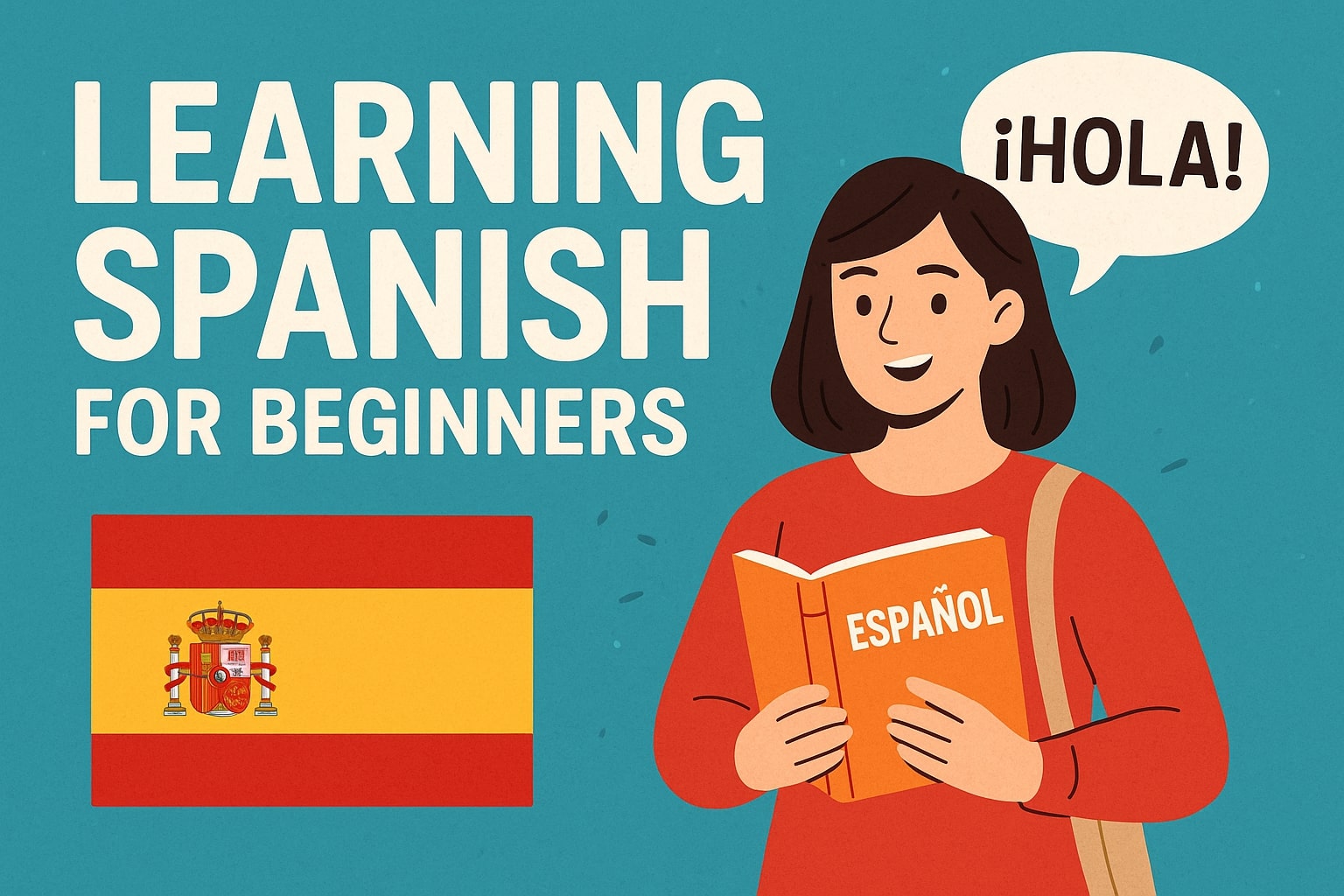What Are the Most Important Spanish Phrases for Beginners?
Learning Spanish for beginners should start with essential phrases that cover daily interactions and basic needs. Greetings like 'Hola' (hello), 'Buenos días' (good morning), and 'Hasta luego' (see you later) form the foundation of polite conversation. Master question words like '¿Dónde?' (where), '¿Cuándo?' (when), and '¿Cuánto?' (how much) to navigate travel and shopping situations.
Survival phrases for ordering food, asking for directions, and expressing basic needs should be prioritized. 'Me gustaría' (I would like), 'Disculpe' (excuse me), and 'No hablo español muy bien' (I don't speak Spanish very well) will serve you well in real-world situations. These core phrases provide immediate practical value while building confidence to continue learning.
📺 Featured Video

100 Phrases Every Spanish Beginner Should Know, EXPLAINED
by My Daily Spanish
How Can You Practice Spanish Conversation as a Beginner?
Effective Spanish conversation practice for beginners involves starting with structured dialogues before attempting free-form conversation. Listen to native speakers in beginner-friendly content, focusing on pronunciation patterns and natural rhythm. Repeat phrases out loud, record yourself speaking, and compare your pronunciation to native speakers to develop authentic-sounding Spanish.
Practice common conversation scenarios like introducing yourself, ordering at restaurants, and asking for directions. Role-playing exercises help internalize phrase structures and build confidence. Even talking to yourself in Spanish while doing daily activities reinforces vocabulary and makes the language feel more natural. Consistency in practice, even just 10-15 minutes daily, produces better results than sporadic intensive study sessions.
📺 Featured Video

2 Hours of Practical Spanish Conversation Dialogues: From Beginner to Intermediate Levels
by Kendra's Language School
What Grammar Fundamentals Should Spanish Beginners Focus On?
Learning Spanish for beginners requires understanding fundamental grammar concepts that differ from English. Spanish nouns have gender (masculine/feminine) and number (singular/plural), which affects article and adjective agreement. Start with basic sentence structure: subject + verb + object, noting that Spanish allows more flexible word order than English due to verb conjugations.
Verb conjugation represents the biggest challenge for English speakers, but focus initially on present tense regular verbs and the most common irregular verbs like 'ser' (to be), 'tener' (to have), and 'ir' (to go). Understanding these patterns provides the foundation for expressing basic ideas and needs. Don't worry about complex tenses initially - mastering present tense communication opens up substantial conversational possibilities.
